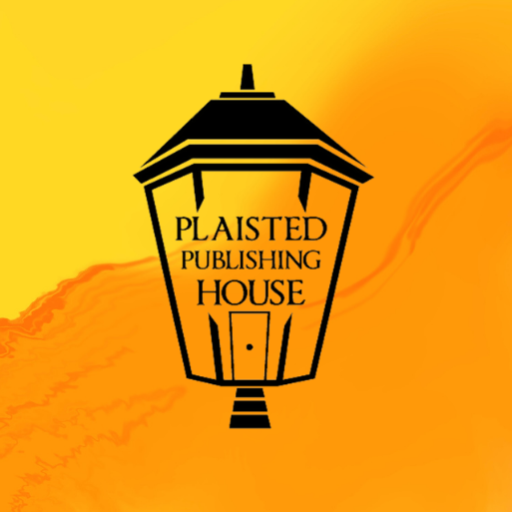English Language and your Readers!
Who is your Audience? Do you know? Do you care? Remember choosing your Audience also affects the marketing you will need to do. Editing is not my thing. I do my best work helping with the flow and structure of a manuscript. I’ll call it proofreading for now. Some things are easy to see and…
Read more




Recent Comments